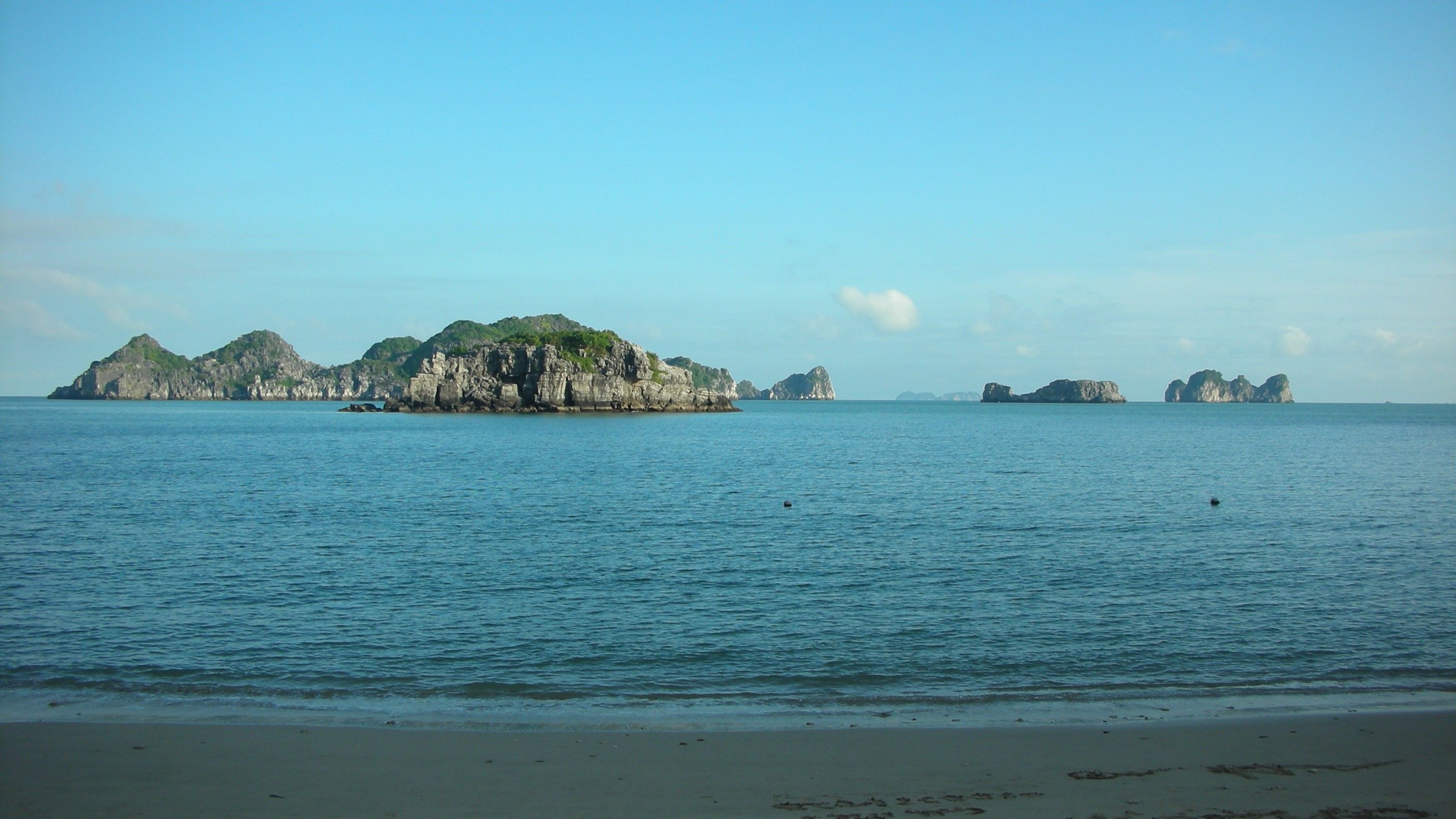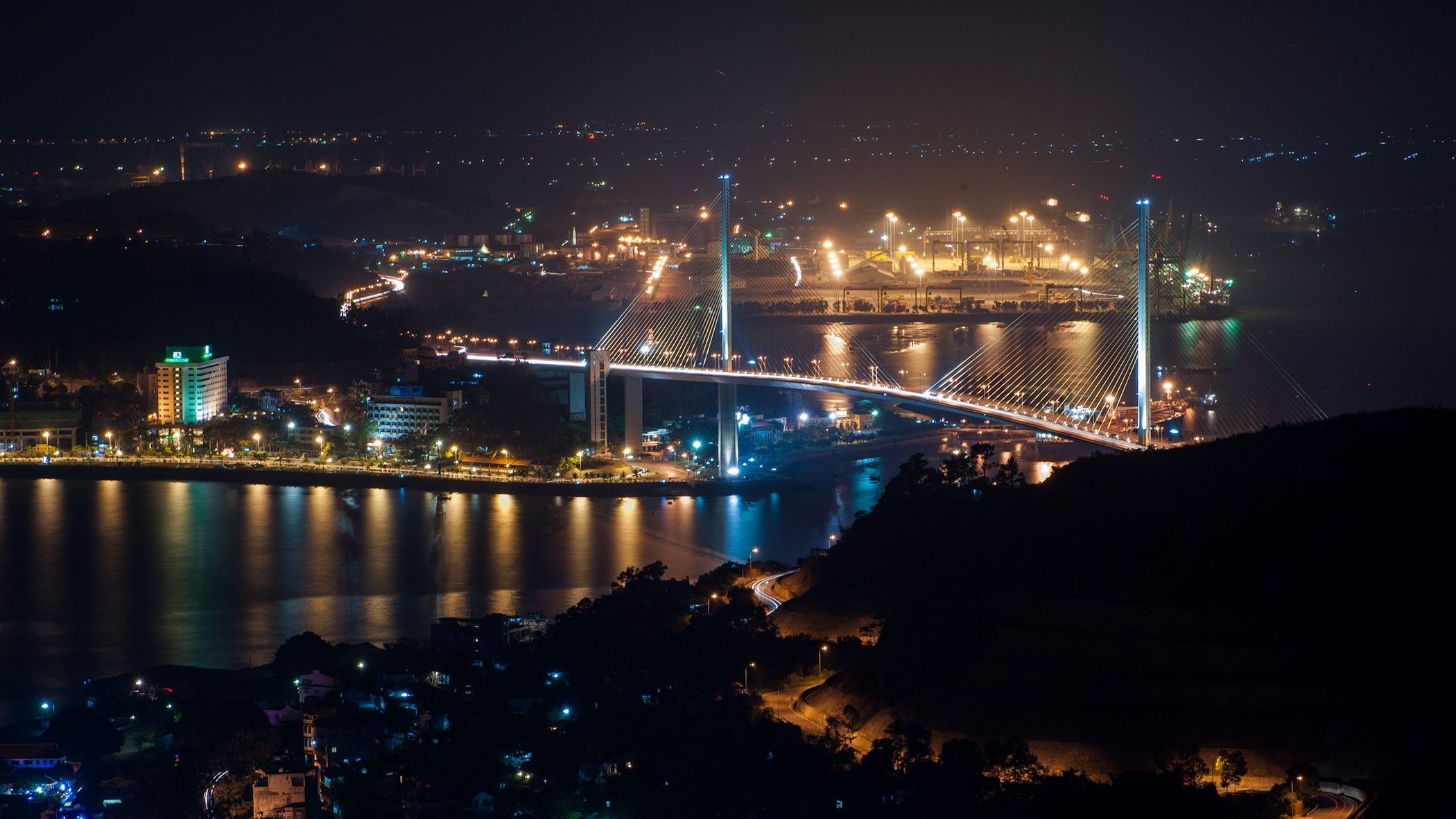
Tips for Travelers in Vietnam During Storms
Vietnam’s weather can be unpredictable, especially during the rainy season when storms are more frequent. While the country is generally well-prepared for such weather, it's important to be cautious and well-informed if you encounter a storm during your trip. Here are some tips to help you stay safe and make the most of your time in Vietnam, even during inclement weather.
Stay Safe with Tips

Stay Informed
Before and during your trip, keep an eye on weather forecasts. Apps like AccuWeather or local news websites can provide updates on storm conditions. If a storm is approaching, you’ll likely receive notifications from your accommodation or tour operators. Staying informed will help you plan your activities better and avoid areas most affected by the storm.
Have a Contingency Plan
If your plans involve outdoor activities or travel to coastal areas like Halong Bay or the central coast, be ready to adjust them. Heavy rains and storms can lead to cancellations of boat tours, flights, and even road closures. It's wise to have a backup plan that includes indoor activities such as visiting museums, temples, or local markets. Exploring Vietnam’s rich cultural heritage is just as rewarding as outdoor adventures.
Choose Safe Accommodation
If a storm is imminent, it’s crucial to stay in a safe, well-built hotel or guesthouse. Opt for accommodations that are located away from flood-prone areas. Higher floors are generally safer during flooding, but always follow the advice of local authorities or your hotel staff regarding evacuation or other safety measures.

Pack Accordingly
Always carry a sturdy umbrella, waterproof clothing, and slip-resistant shoes. Vietnam's rains can be heavy, so being prepared will help you stay dry and comfortable. It’s also a good idea to keep your electronics in waterproof cases or bags.
Be Cautious with Food and Water
During storms, water supply and food storage can be compromised, especially in rural areas. Stick to bottled water and eat at reputable restaurants or places recommended by locals to avoid any potential health issues.
Avoid Dangerous Areas
Steer clear of beaches, rivers, and other bodies of water during a storm, as they can become extremely hazardous due to high tides, strong currents, and the risk of landslides. If you’re in a city, be aware of potential flooding, especially in low-lying areas.
Stay Connected
Make sure your phone is fully charged, and you have access to emergency contact numbers, including those of local authorities, your country’s embassy, and your hotel. In case of power outages, having a portable charger can be a lifesaver.

Respect Local Advice
Vietnamese people are experienced in dealing with storms and flooding, so heed any advice or warnings from locals, hotel staff, or tour guides. They can provide valuable insights into how to navigate the situation safely.
Stay Calm and Patient
Storms can be unsettling, but staying calm and patient is key. Delays and changes in your itinerary might be inevitable, but remember that your safety is the priority. Use this time to relax, enjoy indoor activities, or simply experience the storm from the safety of your hotel.
Plan Your Next Steps
Once the storm passes, assess the situation before resuming your travels. Check with local authorities or your accommodation for updates on road conditions and transportation. Some areas might still be affected by the aftermath of the storm, so proceed with caution.
When Storms Subside
After the storm, Vietnam’s beauty quickly re-emerges, and the country returns to its vibrant self. If you were planning to visit coastal areas like Halong Bay, check with local tour operators about when tours will resume. Often, boats and tours are back up and running within a day or two after the weather clears, giving you a chance to enjoy the stunning landscapes under fresh, clear skies.
Conclusion
Storms in Vietnam can be a bit of a challenge, but with preparation and flexibility, you can still enjoy your trip. The key is to stay informed, follow safety precautions, and be ready to adapt your plans as needed. By doing so, you’ll ensure that your time in Vietnam remains both safe and memorable, even when the weather doesn’t cooperate.